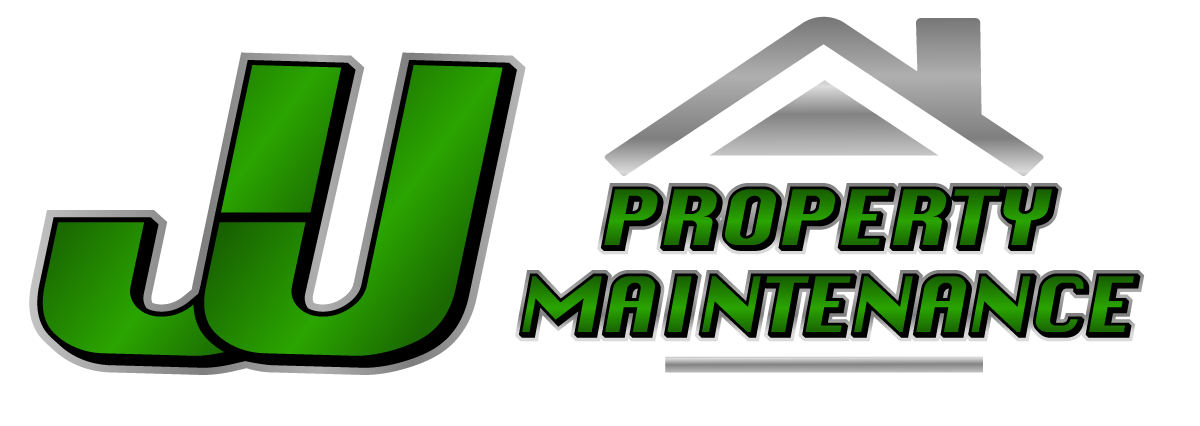Exploring the Pros and Cons of Automated Mowers
Automated mowers, also known as robotic mowers, have gained popularity in recent years as a convenient and efficient solution for lawn maintenance. These autonomous machines promise to revolutionize the way we care for our lawns, but like any technology, they come with their own set of advantages and disadvantages. In this article, we'll explore the pros and cons of automated mowers to help you determine if they're the right choice for your lawncare needs.
Pros of Automated Mowers:
Time-saving Convenience: One of the most significant advantages of automated mowers is their ability to save time and effort. Once set up, these robots can mow your lawn autonomously, freeing you from the chore of pushing a traditional mower or hiring a landscaping service.
Consistent Results: Automated mowers operate with precision and consistency, ensuring that your lawn is cut to the same height every time. This consistency promotes even growth and a uniform appearance, enhancing the overall aesthetics of your lawn.
Quiet Operation: Unlike gas-powered lawn mowers, which can be noisy and disruptive, automated mowers operate quietly, making them ideal for residential neighborhoods where noise ordinances may apply. Their low decibel levels allow them to mow day or night without disturbing your neighbors.
Environmental Benefits: Automated mowers are typically electrically powered, which means they produce zero emissions during operation. Additionally, their efficient cutting patterns and mulching capabilities contribute to healthier turf and reduced water consumption over time.
Safety Features: Most automated mowers are equipped with advanced safety features, such as obstacle detection sensors and automatic shut-off mechanisms. These features help prevent accidents and minimize the risk of injury to people, pets, and property.
Cons of Automated Mowers:
Initial Cost: One of the primary drawbacks of automated mowers is their relatively high upfront cost compared to traditional lawn mowers. While prices vary depending on the brand and model, robotic mowers can be a significant investment for homeowners.
Limited Terrain Compatibility: Automated mowers may struggle to navigate certain types of terrain, such as steep slopes, uneven surfaces, or areas with obstacles like tree roots or rocks. In such cases, manual intervention may be required to ensure thorough mowing coverage. It is also important to note these mowers will not leave stripes on your lawn for that profesional look.
Installation and Setup: Setting up an automated mower involves installing boundary wires around the perimeter of your lawn and programming the mower's settings. While not overly complicated, this process can be time-consuming and may require some trial and error to get right.
Maintenance Requirements: Like any lawn mower, automated mowers require regular maintenance to keep them running smoothly. This may include blade sharpening, battery charging, software updates, and occasional repairs.
Limited Cutting Capacity: Automated mowers are designed for routine maintenance rather than heavy-duty cutting. While they excel at keeping grass trimmed to a consistent height, they may struggle with tall or dense vegetation, particularly if left unattended for extended periods.
In conclusion, automated mowers offer a host of benefits, including time-saving convenience, consistent results, and environmental sustainability. However, they also come with potential drawbacks such as high initial costs, terrain limitations, and maintenance requirements. Before investing in an automated mower, carefully consider your lawncare needs, budget, and the compatibility of your lawn's terrain. With proper research and consideration, automated mowers can be a valuable addition to your lawncare toolkit, streamlining maintenance and enhancing the beauty of your outdoor space.

